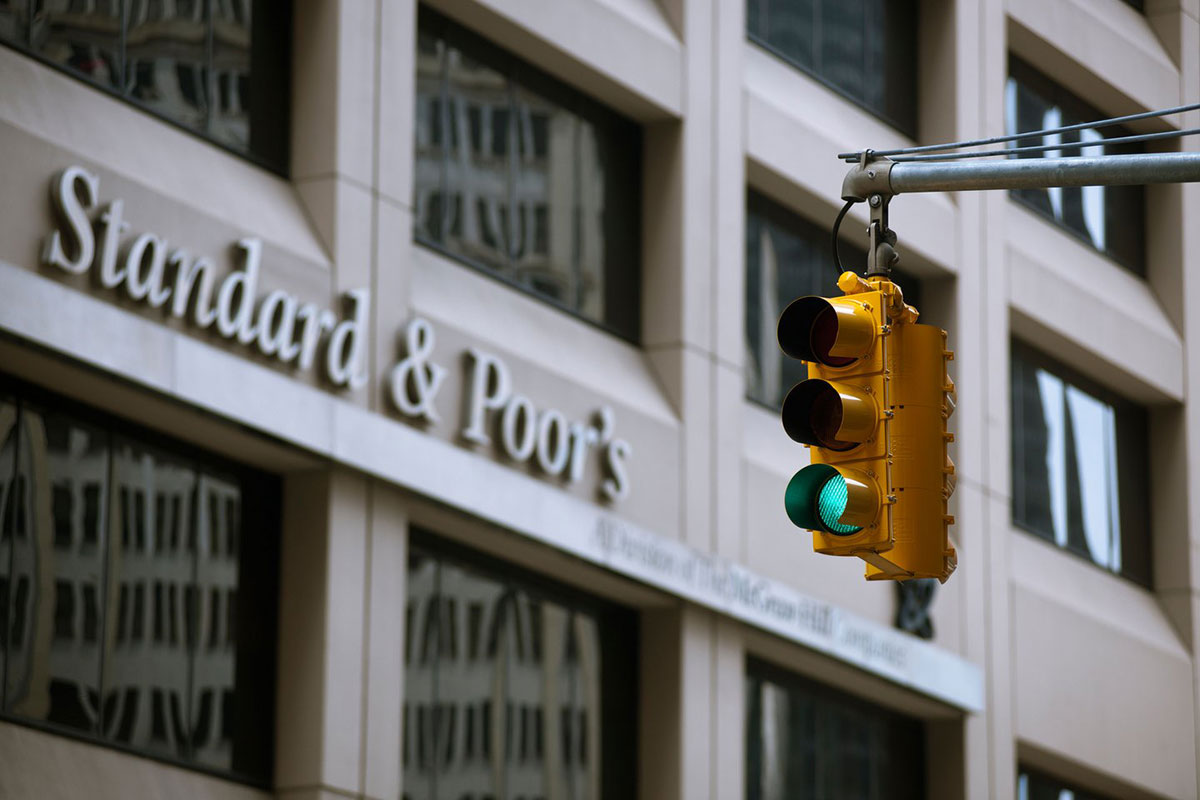Two specialist housing and care providers post surpluses
Two specialist housing and care providers, Anchor and Housing 21, have posted surpluses despite “challenges” in the sectors they operate in.
Anchor, which provides specialist housing and care for people in later life in around 48,000 properties, recorded a surplus of £12.2m in the year to the end of March 2023.
This was a drop from £24.4m in 2021-22, in which the provider moved into the black, following an £11.8m deficit in 2020-21.
Housing 21, which manages more than 23,300 retirement living and extra-care properties, returned to profit in its latest financial results, with a surplus of £9.7m. This followed an £8.9m loss in 2021-22, as it recorded £20.8m in finance costs.
Anchor
As well as a fall in surplus to £12.2m, Anchor’s operating surplus dropped from £52m to £37.5m, while its operating surplus before exceptional costs and goodwill amortisation decreased from £53.8m to £41m.
This was the result of a £4.7m one-off cost of living payment to colleagues and £3.5m for the amortisation of goodwill arising from the in-year acquisition of Halcyon Care Homes. In August 2022, the provider acquired the entire share capital of Halcyon Care Homes Topco, which includes 11 purpose-built residential care homes.
In addition, higher expenditure on routine maintenance and marketing costs incurred for developments due to open in 2024 contributed to the fall in surplus.
The provider’s turnover rose by £29.3m, or 5.6 per cent, to reach £555.5m.
This was boosted by a £6.6m rise in turnover from social housing lettings, £11.9m from the acquisition of 10 care homes during the year, and reported income of £5.4m for COVID-19-related grant funding. Of this grant funding, £4.5m was previously held on the balance sheet, pending any local-authority clawback.
While turnover as a whole increased, turnover from property sales fell from £32.7m to £24.4m. Sales at those developments that were already open or opened during the year were in line with expectations.
However, supply chain pressures resulted in delivery delays at some developments, which affected turnover negatively. These sales are now projected to complete in the new financial year.
The rise in turnover was offset by operating costs increasing from £472.6m to £521m.
In a joint statement, Anchor’s chief executive, Sarah Jones, and chair, Christopher Kemball, said: “Despite several significant challenges in the sectors in which we work and the wider economy, we continued to grow in 2022-23.”
They added: “Improvements in income from occupancy rates in housing to rent and residential care homes continued as the impact of the pandemic receded, though this was offset by relatively low proceeds from property sales, reflecting the phasing of our development plans.”
During the year, Anchor increased its investment in its existing stock. Spending on improvements rose from £66.3m to £76m and total capital expenditure on major works and improvements increased from £37.2m to £47.1m.
The social landlord completed six developments and its operating surplus on sales fell from £4.1m to £300,000.
This comes after the number of units sold fell from 65 to 54 and Anchor spent £2.5m on commissioning and marketing costs related to developments expected to open in the first quarter of the new financial year.
Anchor said that materials and labour shortages impacted its development activities. Four developments comprising 228 units which had been expected to open during the year are now expected to open in the first six months of the next financial year.
The extra-care provider said it was open to new development sites and the further acquisition of care homes.
“We continue to seek suitable sites on which to develop homes for outright purchase, shared ownership, affordable rent and social rent, and several sites are progressing through various stages of property development and construction.
“We also remain open to further acquisitions of care homes that meet our strict criteria, and we are exploring alternative models that will meet the needs of our residents now and in the future.”
Following the acquisition of Halcyon Care Homes and increased payments for the acquisition, Anchor’s net debt excluding finance lease obligations rose from £418m to £514.4m and gearing rose from 21.3 to 28.5 per cent.
Housing 21
Housing 21 posted a surplus of £9.7m, following a £8.9m loss in 2021-22.
During the year, the provider’s operating surplus dropped from £30.9m to £26.4m and turnover grew from £224.4m to £251.5m.
However, the report said that, excluding the income adjustment on its PFI/ PPP projects (of which the landlord has three, delivering housing services), and an impairment of £200,000, its operating surplus would have largely been consistent with that of 2021-22.
Social housing revenues have increased by £26.2m year on year, as a result of rising rents and increasing income from service charges due to a hike in energy prices.
In a joint statement, chief executive Bruce Moore and chair Stephen Hughes said: “We continue to operate in a difficult financial and political environment, often impacted by factors outside of our control.
“But with an established board and strong executive team, underpinned by a robust committee structure providing effective governance, we are in a good position to meet the ongoing challenges, guided by our purpose and strategic commitments.”
Housing 21’s cost base has increased because of the impact of inflation and “strategic decisions” the board took.
Within this, management costs rose year on year, as the landlord’s portfolio continued to grow, maintenance costs increased by £4.8m and the landlord suffered a development-related impairment.
Housing 21 said its development partners were continuing to experience cost pressures. A few had gone into administration and contracts had to be tendered again.
Where this occurs, contract prices generally increase, and remedial work may be required, the report noted. The impairment recognised this year relates to a development in Cornwall, where this occurred.
Housing 21 delivered 289 properties in 2022-23, fewer than the 691 delivered in the previous year and fewer than its target of 400 per year. This was because of previous delays in schemes getting grant approval and other construction challenges.
Mr Hughes and Mr Moore said: “We have a very healthy programme of prospects and hope that, in future, we will be able to meet our development goals, despite the continuing challenges of planning approvals and other pressures.”
Housing 21 said it aimed to be realistic in what it could deliver. It said that while it had the financial capacity to deliver 800 affordable properties per year, with the expansion of its acquisition strategy and the planning delays and cost increases, it had scaled this target back to at least 400 homes per year.
Although Housing 21 was currently behind on this target, it had a “strong pipeline”, with a further 295 homes with planning permission and 429 homes submitted for planning, it said.
In 2022-23, the specialist provider spent a total of £157.6m on its housing properties, an increase from £90.6m the previous year.
In addition, despite a “challenging” sales market, Housing 21 sold an equity stake in 136 properties, up from 189 the previous year.
Net debt rose from £496.1m to £561.7m, while gearing increased from 42.6 per cent to 40.7 per cent.
Hear from Sarah Jones, chief executive of Anchor, at the Social Housing Annual Conference 2023. For more information, see below
Sign up for the Social Housing Annual Conference and Inside Housing Development and Regeneration Summit
New for 2023, the Social Housing Annual Conference is joining forces with the Inside Housing Development and Regeneration Summit.
Join 600 attendees with a shared vision of planning and funding the strategic future of their business and the delivery of quality, affordable homes. If you work within a leadership or development role in the housing sector then this is the must-attend event of the year.
RELATED








